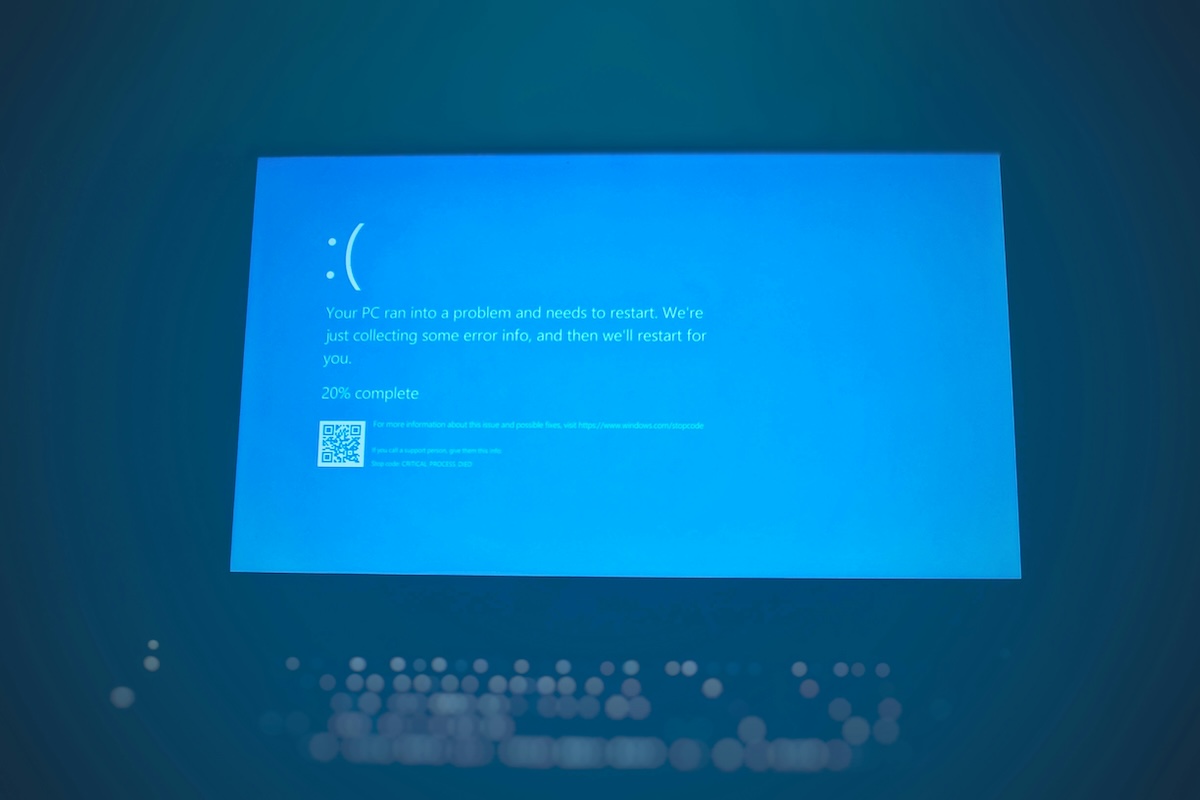Why Self-Hosting Immich Can Be Risky: The Importance of Professional Photo Storage

Immich is a great self-hosted alternative to Google Photos, giving users control over their photo collections. However, self-hosting comes with responsibilities and risks, especially for those without much experience. While self-hosting appeals to tech enthusiasts and privacy advocates, it can be challenging for amateurs, particularly regarding storage.
The Hidden Dangers of Self-Hosting
Running your own photo storage isn’t as simple as plugging in a hard drive. Storage is more complex than it appears, and the risks are often underestimated. Here’s why managing your own storage can be difficult:
- Hardware Complexity: Consumer-grade hard drives are not designed for continuous operation or the reliability needed for important data. Drives can fail, and without redundancy, data may be lost.
- RAID Isn’t a Silver Bullet: RAID (Redundant Array of Independent Disks) can protect against some hardware failures, but it’s not a backup. Misconfigurations, controller failures, or multiple drive failures can still cause problems. Setting up RAID correctly requires technical knowledge, and it can’t protect against accidental deletion, ransomware, or fire.
- Backups Are Essential—But Tricky: Backups are only useful if they’re done regularly, stored offsite, and actually work. Many home users set up backups but never test them. Backup drives can fail, backup software can malfunction, and cloud backups can be misconfigured. Without regular restore tests, you may not know your backup is incomplete or unusable.
- Testing Restores: This is often overlooked. Some only discover issues with their backups when they try to restore. A backup is only as good as your ability to restore from it. Testing restores should be a routine part of your data protection plan, but few home users do this.
- Bit Rot and Silent Data Corruption: Over time, data stored on hard drives can become corrupted without obvious signs. Enterprise storage systems use checksums and scrubbing to detect and repair this, but most home setups do not.
- Security Risks: Self-hosted systems are sometimes exposed to the internet for remote access. Without proper security hardening, updates, and monitoring, your data can be vulnerable to hacking, ransomware, or accidental exposure.
- Scaling and Maintenance: As your photo collection grows, you may outgrow your initial storage solution. Migrating data, expanding storage, and maintaining uptime all require planning and expertise.
These Risks Are Not Theoretical
It’s important to understand that these risks are not just hypothetical. On forums like Reddit’s r/immich and other online communities, there are weekly posts from users who are in panic mode because they suddenly seem to have lost all their photos and videos. These real-world stories highlight how easy it is for things to go wrong when self-hosting, even for those who thought they had everything set up correctly. Data loss, failed drives, misconfigured backups, and accidental deletions are common topics, and the stress and frustration are very real.
The Personal Impact
For homelab users, losing family photos isn’t just a technical issue—it can be an emotional one. Years of memories can be lost due to a failed drive, accidental deletion, or a misconfigured backup. The impact can be significant and sometimes irreversible. The regret of losing important moments—weddings, childhoods, family gatherings—can be difficult.
The PixelUnion Solution
That’s why PixelUnion offers Immich as a managed SaaS service. PixelUnion runs a carefully maintained forked version of Immich, tailored for reliability and security in a professional environment. Run by professionals with experience in storage and data protection, PixelUnion helps ensure your photos are safe. With robust infrastructure, automated backups, regular restore testing, and enterprise-grade security, you can enjoy the benefits of Immich without the challenges of self-hosting.
Don’t take unnecessary risks with your memories. Trust the experts at PixelUnion to keep your photos safe, secure, and available.
Cover photo by: Joshua Hoehne on Unsplash.